Log in
Statistics
We have 477 registered usersThe newest registered user is гераскинс
Our users have posted a total of 48009 messages in 7050 subjects
THAT’S ENTERTAINMENT
CLICK ON ANY OF THESE LINKS TO FIND OUR EXTREME ENTERTAINMENT
UPDATED :
71 WGT TUTORIALS & 32 YOUNG46 TUTORIALS
CLICK HERE TO SEE OVER 100 YOUTUBE VIDEO TUTORIALS . FROM WGTers , WGT & YOUNG46 FORUM UPDATE
TO THE MANY WELCOME GUESTS . THIS FORUM IS NO LONGER A COUNTRY CLUB WEBSITE FOR A WGT COUNTRY CLUB . PLEASE FEEL FREE TO READ THE FORUMS.
THERE ARE MANY TOPICS OF INTEREST . OR NOT . THIS WEBSITE IS AN INFORMATION AND ENTERTAINMENT WEBSITE ONLY .
MUCH OF THE CONTENT IS ARCHIVES OF PURPOSES PAST .
THERE ARE SOME MORE CURRENT TOPICS .
REGISTRATION IS NOT NECESSARY TO READ THROUGHOUT .
REGISTRATION IS EASY AND FREE . THIS IS AN AD FREE WEBSITE . NOTHING IS EVER REQUESTED FROM REGISTERED MEMBERS .
REGISTRATION ENABLES COMMENTING ON TOPICS . POSTING NEW TOPICS . FULL ACCESS TO THE WEBSITE IMAGE HOST . WHICH IS A VERY COMPLETE AND CONVENIENT TOOL .
PLEASE ENJOY .
TIER & AVERAGE REQUIREMENTS
BASIC LEVEL AND AVERAGE REQUIREMENTS , AND SATURATION
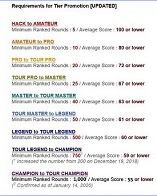
WHILE YOUR HERE
WHILE YOUR HERE :
CHECK OUT THE INCREDIBLE PHOTOGRAPHY IN
MY SERIES
THIS USED TO BE THE HOME OF OUR WORLD CLOCK . WHICH CAN NOW BE FOUND IN ITS OWN FORUM ON THE MAIN PAGE ..
THERE ARE MORE WORLD CLOCKS INSIDE HERE .
WORLD CLOCK
FB Like
HISTORY FACTS * Why don't we drink these anymore? *
Page 1 of 1
 HISTORY FACTS * Why don't we drink these anymore? *
HISTORY FACTS * Why don't we drink these anymore? *
5 Beverages People Don’t Drink Anymore

Vintage soft drinks are some of the most nostalgic pieces of cultural ephemera. These mundane everyday items seem to take on a certain mystique once they become unfamiliar relics of the past — there are even organizations dedicated to identifying and recording information about forgotten and discarded bottles. Here are five beverages that are in various stages of acquiring antique appeal, as their onetime popularity has significantly waned, or disappeared entirely.
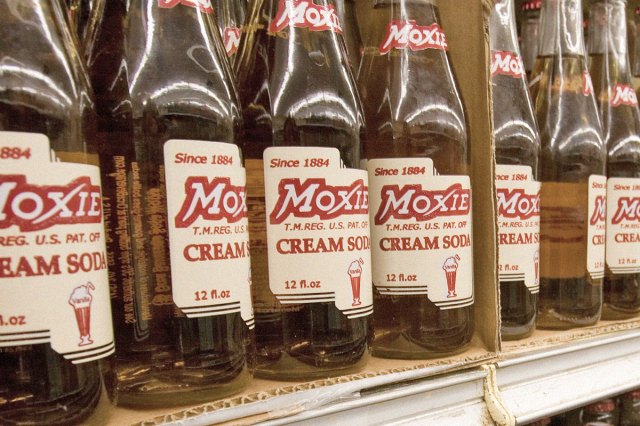
The drink was an immediate success, but just how much of a success is lost to history: Though Moxie is frequently referenced as having sold 5 million bottles in its first year, Thompson’s tendency to exaggerate numbers and make spurious claims (such as Moxie having “cured 200,000 drunks” in Lowell, Massachusetts) casts some doubt on the truth of that company data. But in the years after the Pure Food and Drug Act of 1906 required the company to shorten the name (as unfounded health claims in advertising were outlawed), Moxie became an indelible part of early-20th-century pop culture: Calvin Coolidge publicly [url=https://www.atlasobscura.com/foods/moxie-soda-maine#:~:text=Calvin Coolidge%2C the 30th president of the United States%2C celebrated his inauguration with a Moxie and publicly touted it as his favorite drink.]called it[/url] his favorite drink, and observed his 1923 inauguration in Plymouth Notch, Vermont, with a bottle purchased from a nearby general store. The author E.B. White once [url=https://www.nytimes.com/1985/10/02/books/eb-white-essayist-and-stylist-dies.html#:~:text=%27%27There is a certain serenity here that heals my spirit%2C and I can still buy Moxie in a tiny supermarket six miles away. Moxie contains gentian root%2C which is the path to the good life. This was known in the second century before Christ%2C and it is a boon to me today.%27%27]wrote[/url], “There is a certain serenity here that heals my spirit, and I can still buy Moxie in a tiny supermarket six miles away. Moxie contains gentian root, which is the path to the good life.” Legendary baseball player Ted Williams also endorsed the drink, and the word “moxie” itself became a slang word for vigor, boldness, and determination that has entered the dictionary.
Today, Moxie is obscure except in the New England region: As the birthplace of Thompson, the state of Maine has hosted a Moxie Day festival since 1984. The soda was also named Maine’s official state soft drink in 2005.

Credit: Ellen Isaacs/ Alamy Stock Photo
Moxie
Moxie was developed by physician Augustin Thompson in 1876 as a medicinal syrup. It was made from gentian root extract, an ingredient with a polarizing flavor that is commonly used in aperitifs such as Suze, Salers, and Avèze. Originally called “Moxie Nerve Food,” the strange-even-for-the-19th-century latter part of the name came from Thompson’s [url=https://www.boxofmaine.com/historyofmoxiesoda/#:~:text=%E2%80%9CI found it cured anything caused by nervous exhaustion. It restored nervous people who were tired out mentally or physically%E2%80%9D.]belief[/url] that the tonic “cured anything caused by nervous exhaustion. It restored nervous people who were tired out mentally or physically.” Between 1884 and 1885, Thompson trademarked the name “Moxie Nerve Food,” mixed the syrup with carbonated water, and bottled it as a soft drink.The drink was an immediate success, but just how much of a success is lost to history: Though Moxie is frequently referenced as having sold 5 million bottles in its first year, Thompson’s tendency to exaggerate numbers and make spurious claims (such as Moxie having “cured 200,000 drunks” in Lowell, Massachusetts) casts some doubt on the truth of that company data. But in the years after the Pure Food and Drug Act of 1906 required the company to shorten the name (as unfounded health claims in advertising were outlawed), Moxie became an indelible part of early-20th-century pop culture: Calvin Coolidge publicly [url=https://www.atlasobscura.com/foods/moxie-soda-maine#:~:text=Calvin Coolidge%2C the 30th president of the United States%2C celebrated his inauguration with a Moxie and publicly touted it as his favorite drink.]called it[/url] his favorite drink, and observed his 1923 inauguration in Plymouth Notch, Vermont, with a bottle purchased from a nearby general store. The author E.B. White once [url=https://www.nytimes.com/1985/10/02/books/eb-white-essayist-and-stylist-dies.html#:~:text=%27%27There is a certain serenity here that heals my spirit%2C and I can still buy Moxie in a tiny supermarket six miles away. Moxie contains gentian root%2C which is the path to the good life. This was known in the second century before Christ%2C and it is a boon to me today.%27%27]wrote[/url], “There is a certain serenity here that heals my spirit, and I can still buy Moxie in a tiny supermarket six miles away. Moxie contains gentian root, which is the path to the good life.” Legendary baseball player Ted Williams also endorsed the drink, and the word “moxie” itself became a slang word for vigor, boldness, and determination that has entered the dictionary.
Today, Moxie is obscure except in the New England region: As the birthplace of Thompson, the state of Maine has hosted a Moxie Day festival since 1984. The soda was also named Maine’s official state soft drink in 2005.
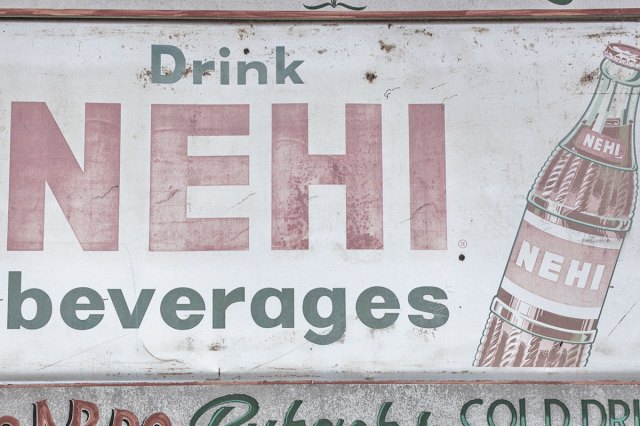
Credit: mauritius images GmbH/ Alamy Stock Photo
Nehi Sodas
Nehi sodas were a line of fruit-flavored soft drinks introduced in 1924 by the Chero-Cola company, which was founded by pharmacist Claud Hatcher and named after the cherry cola drink he developed. The Nehi line included flavors such as grape, peach, orange, and root beer, and was successful enough that the company changed its name to the Nehi Corporation four years later. (This came after a period of waning Chero-Cola sales due to a lawsuit from Coca-Cola; the lawsuit prevented use of the word “cola,” and mandated the drink be renamed “Chero,” causing a loss of brand recognition.)
Nehi soda’s success was short-lived, however. Sales [url=https://www.georgiaencyclopedia.org/articles/business-economy/royal-crown-cola-company/#:~:text=In the midst of the Great Depression of the 1930s%2C Nehi began to struggle; competition and lackluster sales made it hard for the company to pay its bills. Hatcher died in 1933]declined[/url] in 1930 with the onset of the Great Depression, and Hatcher died in 1933. The following year, company president H.R. Mott reintroduced a cola called Royal Crown, and it was so successful that it overshadowed Nehi in both sales and branding: Royal Crown sales were 10 times higher than Nehi sales, and by 1959, the company changed its name to Royal Crown Cola Company (also known as RC Cola).
Nehi, meanwhile, can still be found in limited distribution, and it endures as a nostalgic pop culture emblem. Grape Nehi was depicted as the favorite drink of the character Radar in the 1970s TV series M*A*S*H, and the leg lamp in the 1980 film A Christmas Story was based on vintage Nehi advertisements.
Advertisement
Advertisement
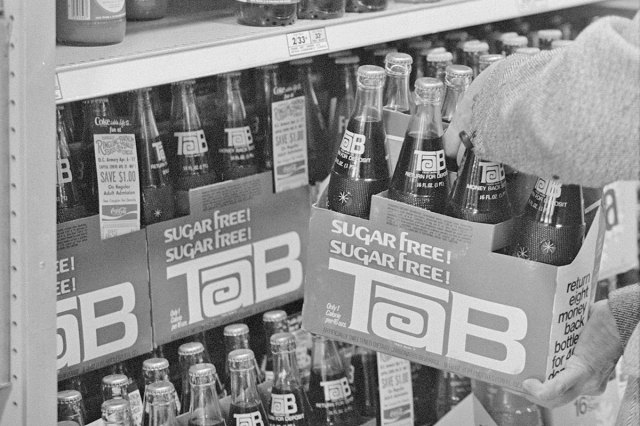
Credit: PhotoQuest/ Archive Photos via Getty Images
TaB
TaB wasn’t the first diet cola, but it was the first developed by Coca-Cola. Before its introduction in 1963, other diet drinks, such as No-Cal and Diet Rite, were stocked on the over-the-counter medicine shelves at stores or pharmacies, and had a reputation for poor flavor. Coca-Cola sought to take advantage of the emerging diet drink market by creating a product with improved flavor, which would be stocked in beverage sections along with conventional drinks.
Like No-Cal and Diet Rite, TaB was formulated with the artificial sweeteners cyclamate and saccharin. But after the FDA banned cyclamate in 1970 due to concerns that it was a carcinogen, TaB was reformulated using only saccharine. Its flavor was described by devotees as clean, with hints of lemon and bubble gum, and its (very dated) advertising was aimed at women. Though it took some time to catch on, by the 1970s, TaB was [url=https://www.fastcompany.com/90580210/a-brief-history-of-tab-the-iconic-diet-soda-thats-headed-to-the-graveyard#:~:text=Despite these obstacles,of the bunch.]the most popular[/url] diet drink in the U.S. But when saccharine was implicated in the National Toxicology Program’s 1981 Report on Carcinogens, and Coca-Cola introduced the aspartame-sweetened Diet Coke the following year, TaB began a long and steady decline that saw it reduced to 1% market share by 2001. Even still, TaB had a persistent cult following up until it was finally discontinued in 2020.
Related:6 Strange Rules Ladies-in-Waiting Had to Follow
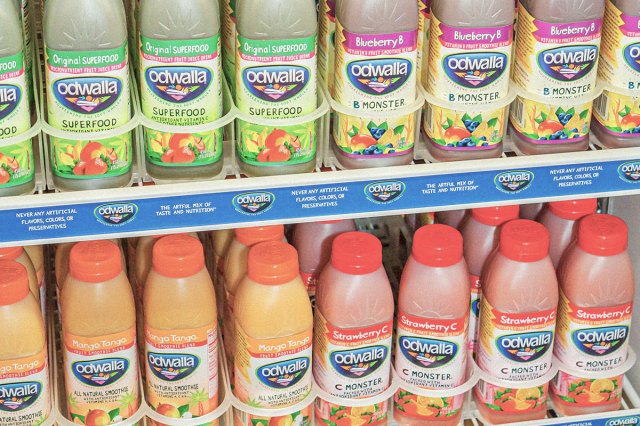
Credit: Jeffrey Isaac Greenberg 11+/ Alamy Stock Photo
Odwalla Fruit Juices
Odwalla was founded in 1980 by entrepreneur Greg Steltenpohl, along with members of his jazz band, as a way to help financially support the band. The company started out as a homespun operation, selling fresh-squeezed orange juice around the San Francisco Bay Area out of the band’s Volkswagen van, until eventually it [url=https://www.cnbc.com/2018/04/05/odwalla-founder-greg-steltenpoh-got-business-advice-from-steve-jobs.html#:~:text=Part of Odwalla%E2%80%99s,the Apple cafeteria.]caught the attention[/url] of Apple co-founder Steve Jobs.
Jobs commissioned the company to juice apples for him on a one-off basis, which led to an agreement to stock the Apple cafeterias with Odwalla apple juice. It was the start of a massive period of growth that led to Odwalla juices being the trendy health-conscious beverage of the late 1980s and early 1990s: In 1991, annual sales reached $6 million and saw a growth rate of approximately 30% each year. In 1992, Odwalla introduced juice blends with nutrition-pun names such as C-Monster, Mo’ Beta, and Femme Vitale. High-profile cultural [url=https://www.nytimes.com/2021/03/19/business/greg-steltenpohl-dead.html#:~:text=When Pope John Paul II visited Monterey in 1987%2C he was photographed holding a bottle of Odwalla juice. The brand was a favorite of President Bill Clinton. And Steve Jobs often carried a bottle during his Apple presentations. Odwalla went public in 1993.]leaders[/url] were seen with Odwalla drinks, and the company went public in 1993, projecting $90 million in sales over the next few years.
Then, in 1996, lowered safety standards led to an E.coli outbreak in Odwalla apple juice that sickened dozens of people. The company nearly went bankrupt in the fallout, but rebounded in the late ’90s and eventually sold to Coca-Cola in 2001. Ultimately, changing consumer tastes, particularly around sugar content, led to a more gradual decline for the brand. By 2020, Coca-Cola discontinued production of Odwalla juices.
Advertisement
Advertisement
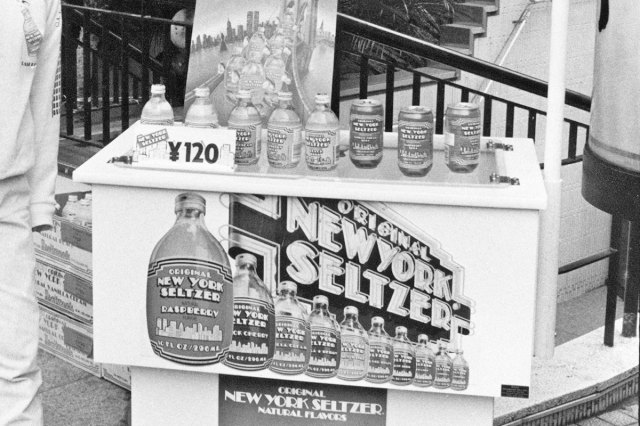
Credit: [url=https://www.gettyimages.com/search/photographer?photographer=Barbara Alper]Barbara Alper[/url]/ Archive Photos via Getty Images
Original New York Seltzer
As a line of flavored carbonated water drinks, Original New York Seltzer was a predecessor to the present-day sparkling water trend. The company was formed in 1982 by Alan Miller as a sort of revival of the family business — his grandfather sold bottles of flavored seltzer on the streets of Brooklyn in the 1900s. Miller’s business was also intended as a way to give his 18-year-old son Randy some direction, as he was made president of the nascent company.
Original New York Seltzer was positioned as a preservative-free and “naturally flavored” soft drink that occupied a new category: more flavorful than sparkling mineral water, but not as sweet as soda, though unlike much of today’s flavored sparkling water, Original New York Seltzer was sweetened with sugar. It was available in 10 flavors: vanilla cream, blueberry, raspberry, cola & berry, black cherry, orange, peach, root beer, lemon-lime, and Concord grape. The company did not use any coloring in its formula, making each flavor as clear as sparkling water.
The product was a resounding success, reaching $100 million in sales in just three years, and becoming a quintessential [url=https://www.eater.com/drinks/2015/5/18/8619773/vintage-soda-brand-original-new-york-seltzer-is-making-a-comeback#:~:text=on a leash.-,Original New York Seltzer was%2C perhaps%2C the 1980s in a bottle.,-And of course]touchstone[/url] of flamboyant 1980s pop culture. As a publicity (and actual) stunt, Randy Miller jumped off a 10-story hotel and onto a cushioned pad bearing the company logo. He was profiled on an episode of Lifestyles of the Rich and Famous, with footage of the stunt, and clips of the bengal tiger he liked to bring to the office. Beverage giant Anheuser-Busch came calling with an offer to buy the company, but was turned down.
After the novelty wore off (and perhaps as consumers realized that Original New York Seltzer still contained a not-insignificant 25 grams of sugar per 10-ounce bottle), the company entered a decline, and the Millers quietly discontinued production in the early ’90s. But the brand was revived under different ownership in 2015, and the drinks are once again available in limited distribution.
 Similar topics
Similar topics» HISTORY FACTS * The most famous typos in history *
» HISTORY FACTS * The best history movies from 2023 *
» HISTORY FACTS * The loudest sound in history *
» HISTORY FACTS * History's most famous pets *
» HISTORY FACTS *How long was history's shortest war? *
» HISTORY FACTS * The best history movies from 2023 *
» HISTORY FACTS * The loudest sound in history *
» HISTORY FACTS * History's most famous pets *
» HISTORY FACTS *How long was history's shortest war? *
Page 1 of 1
Permissions in this forum:
You cannot reply to topics in this forum
 Events
Events






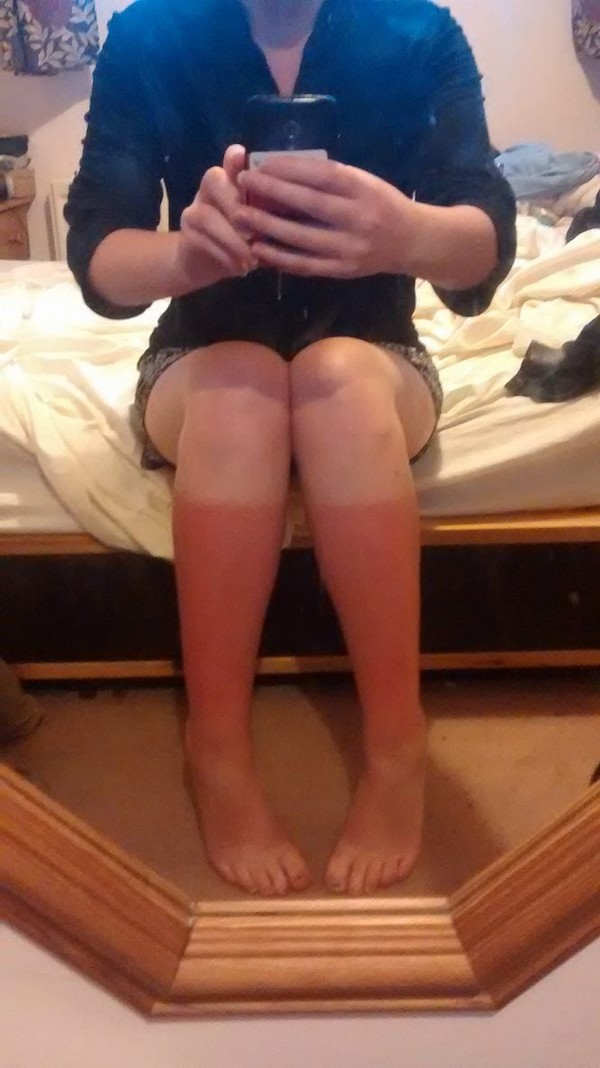
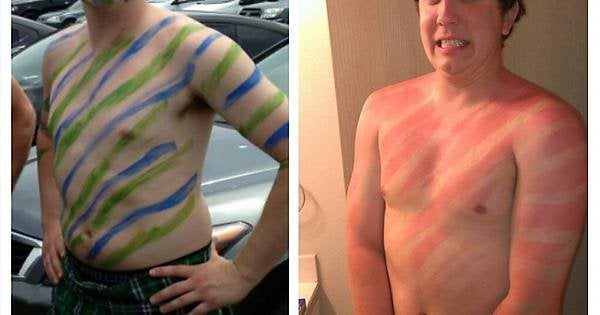
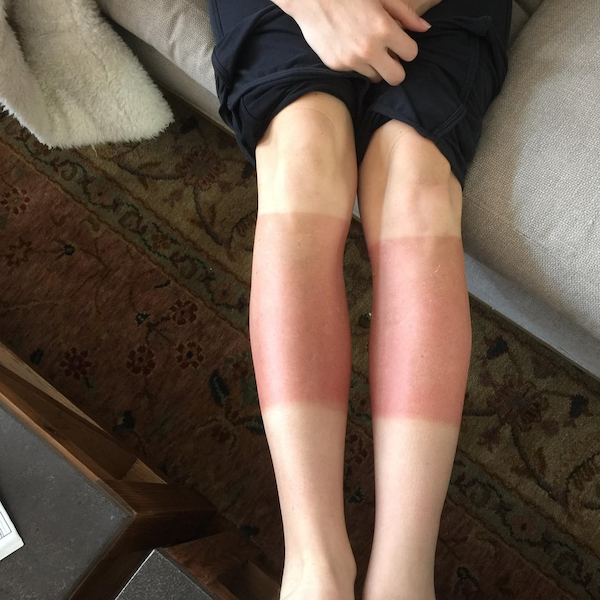
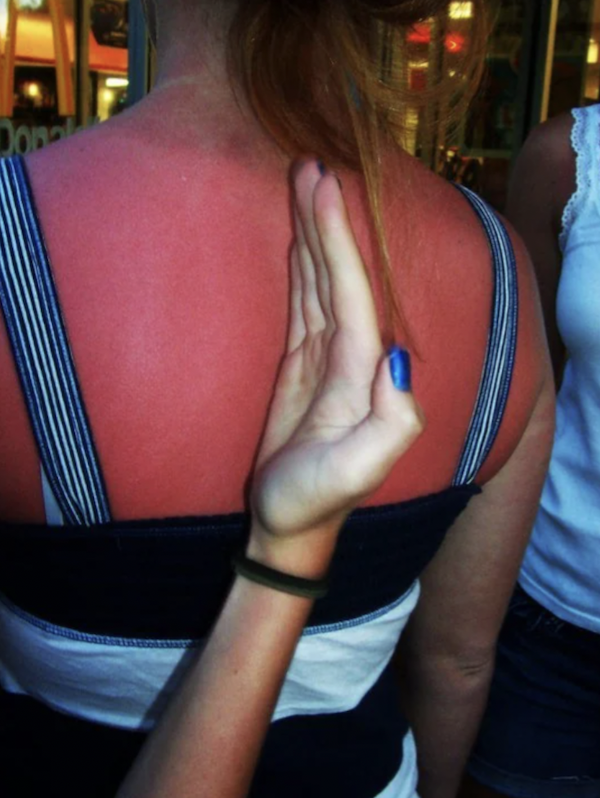
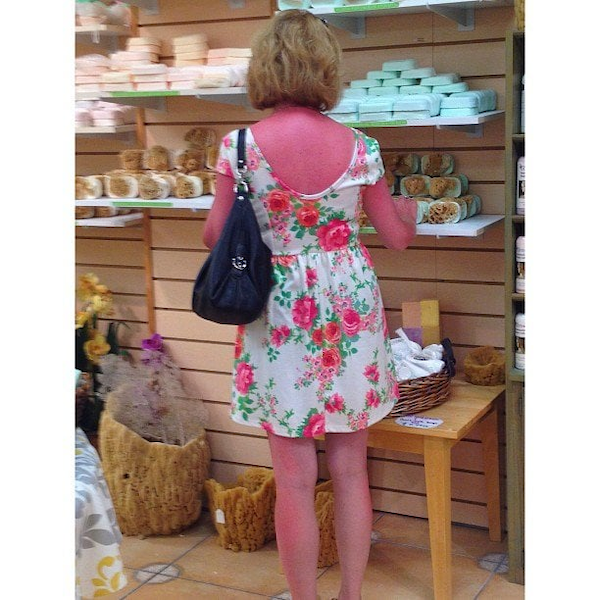
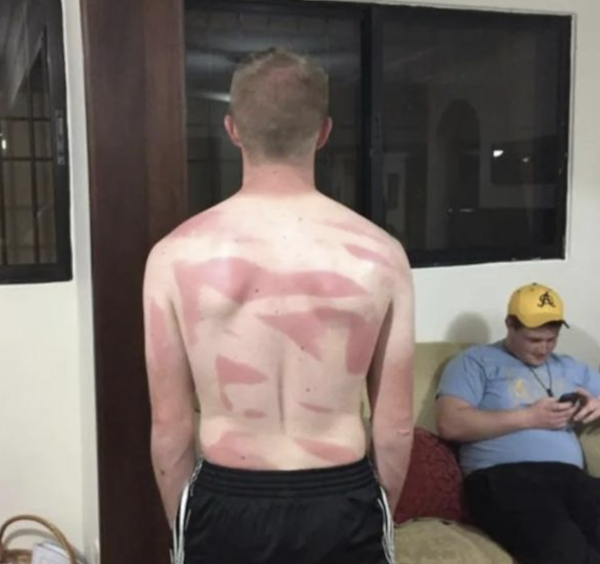
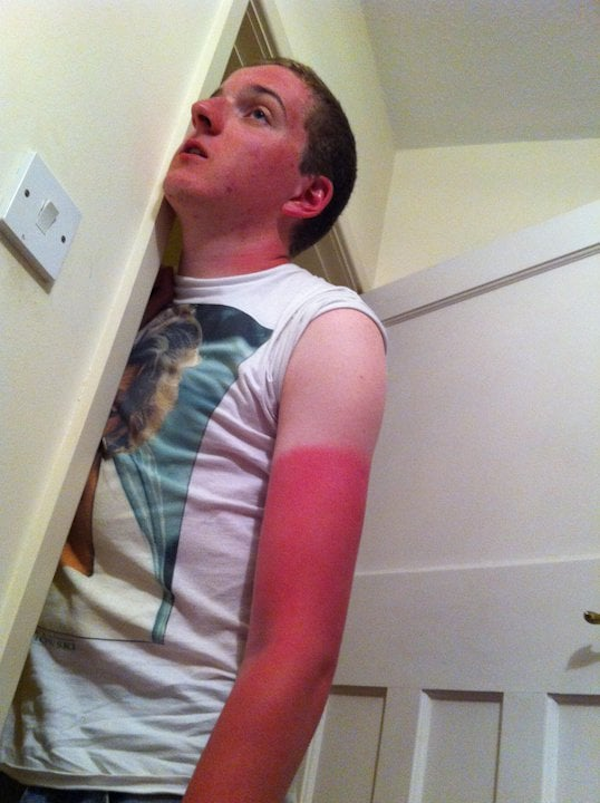
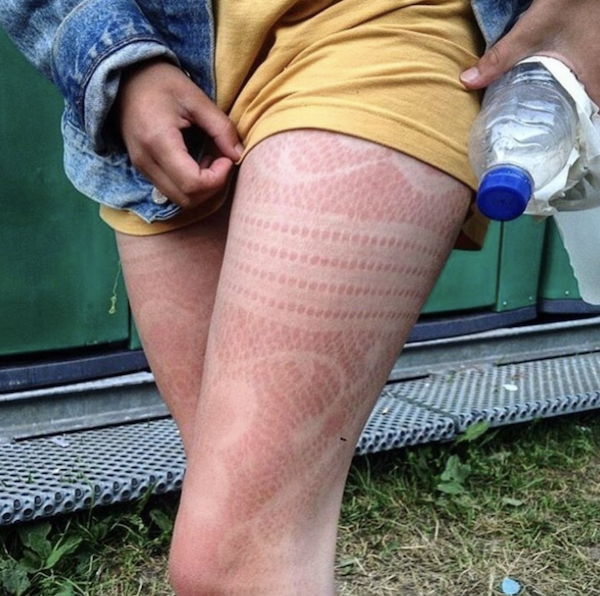
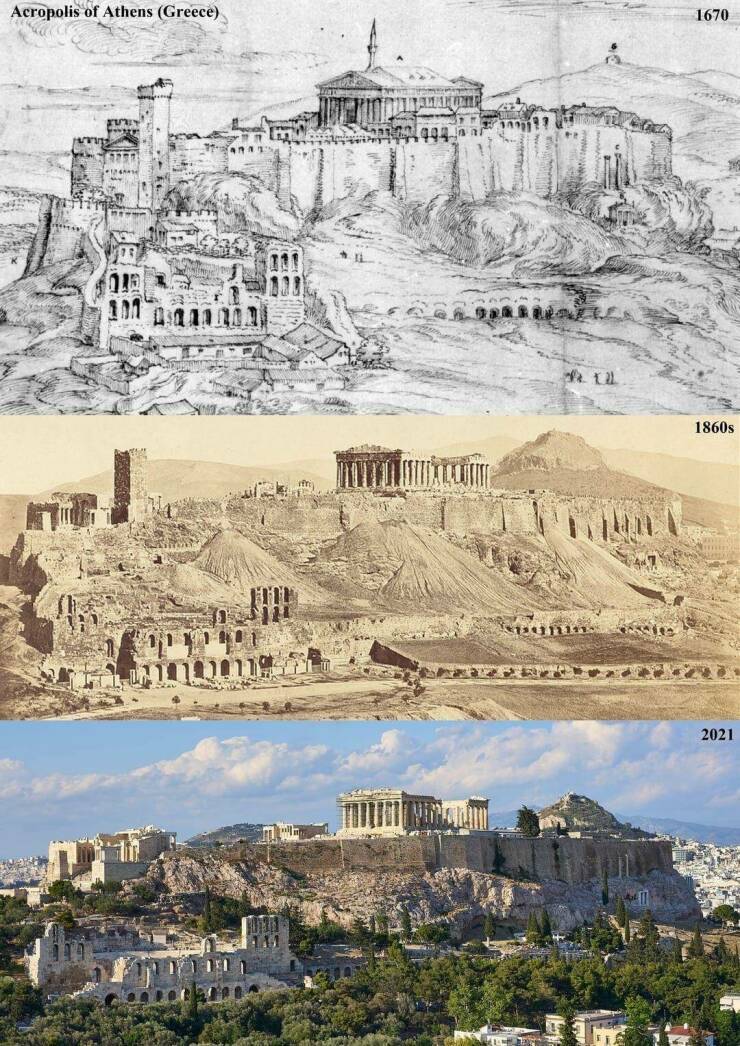


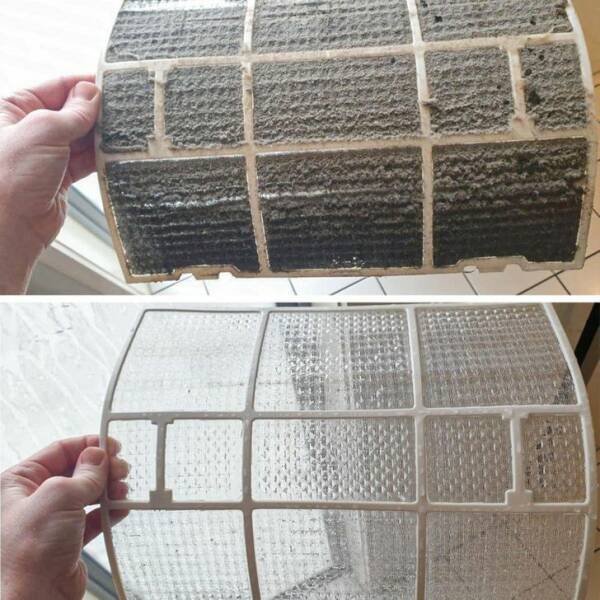
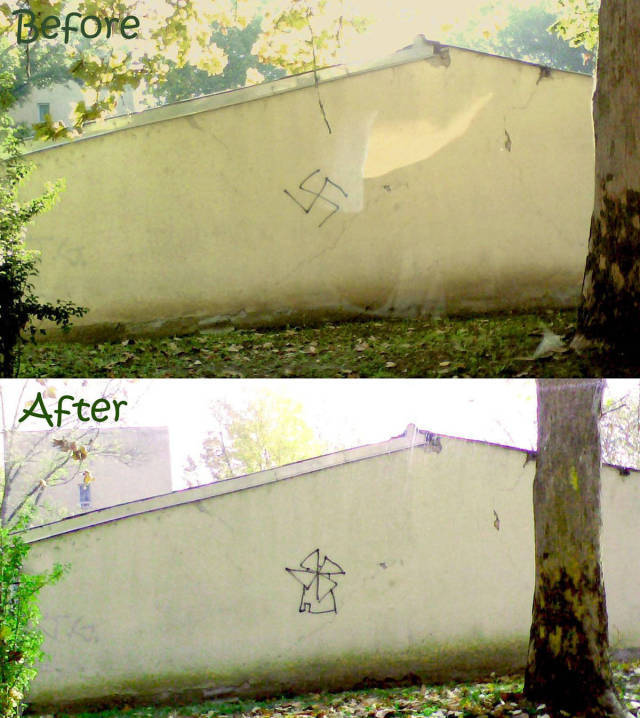
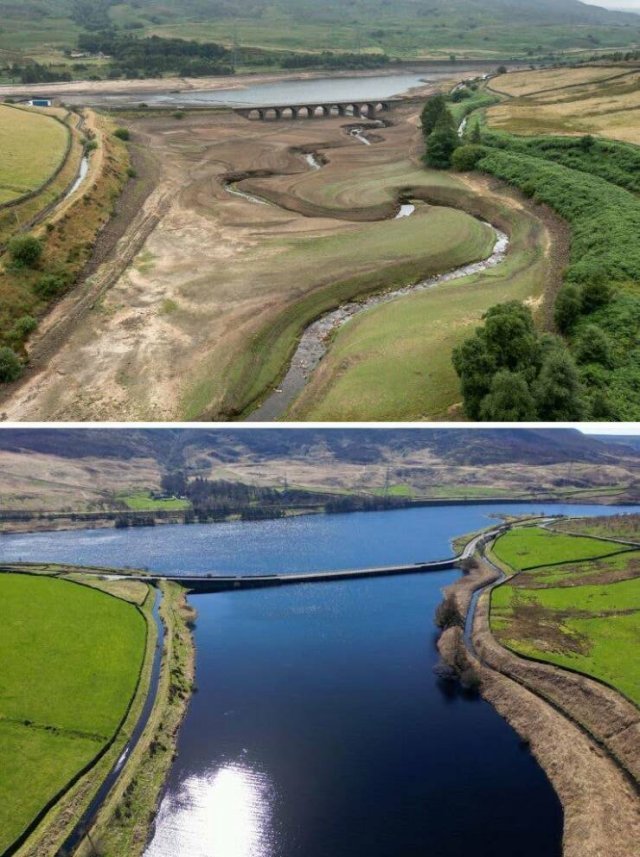

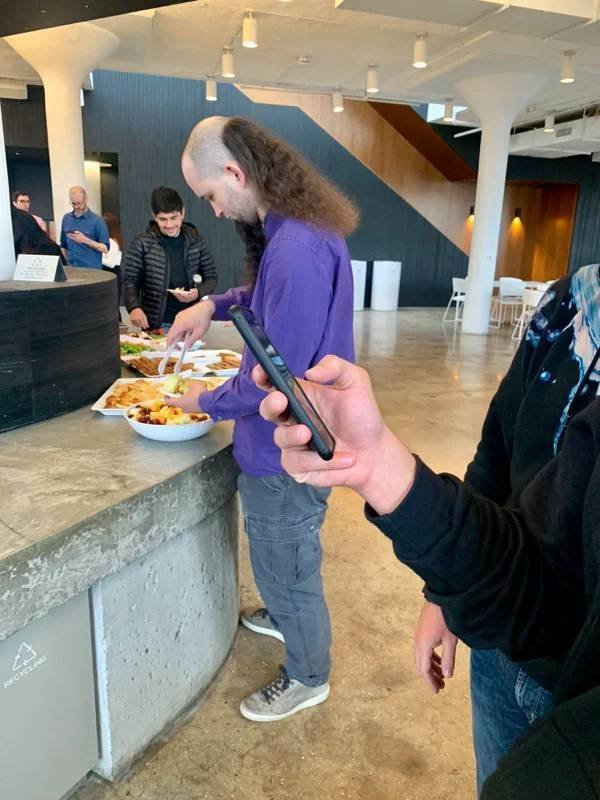


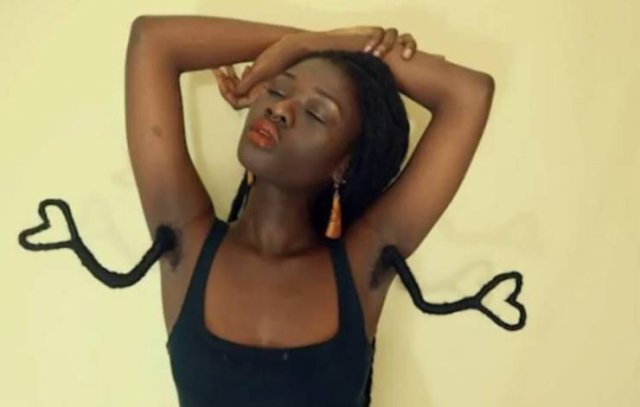
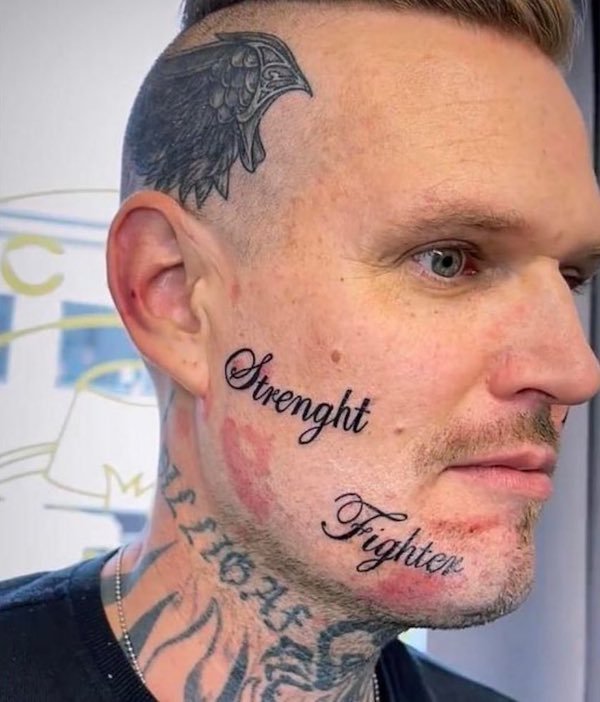
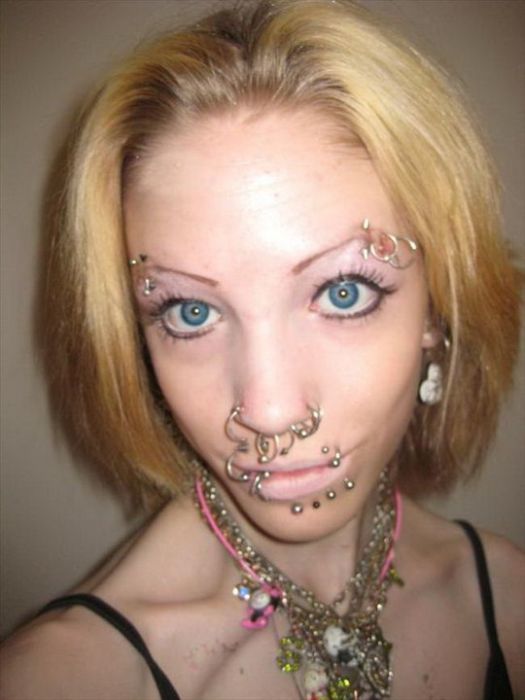
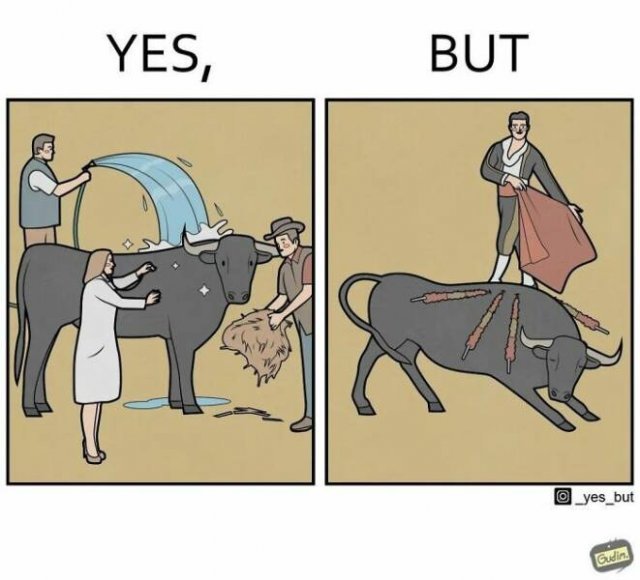

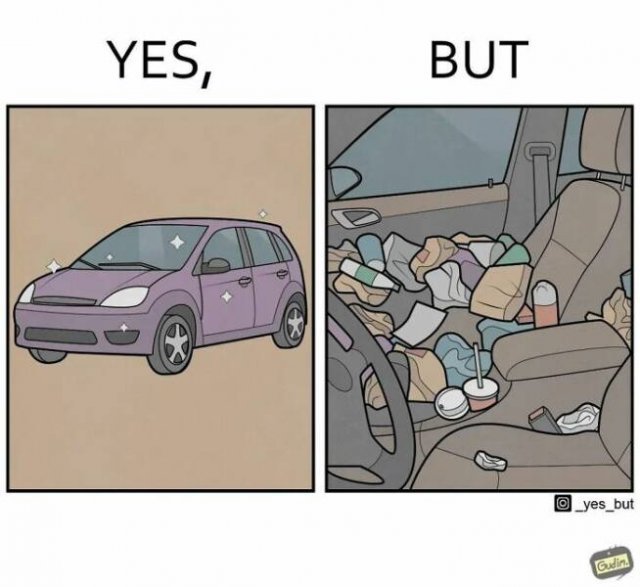


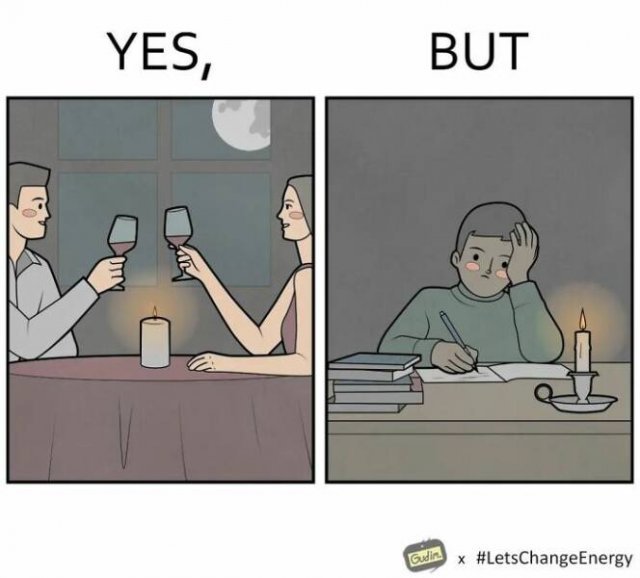
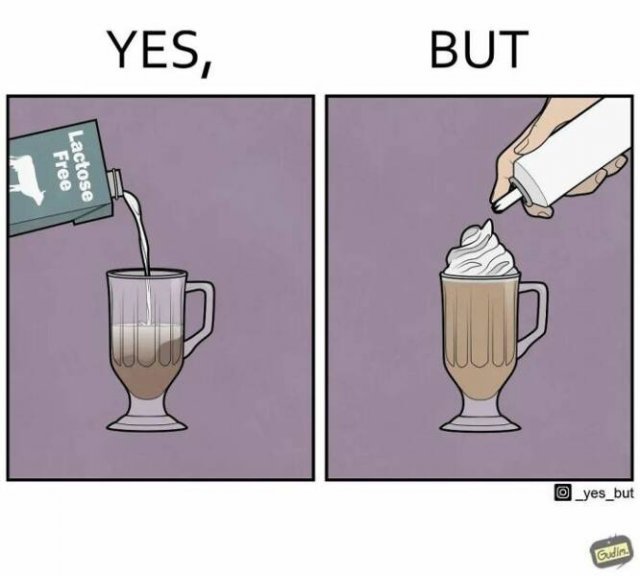
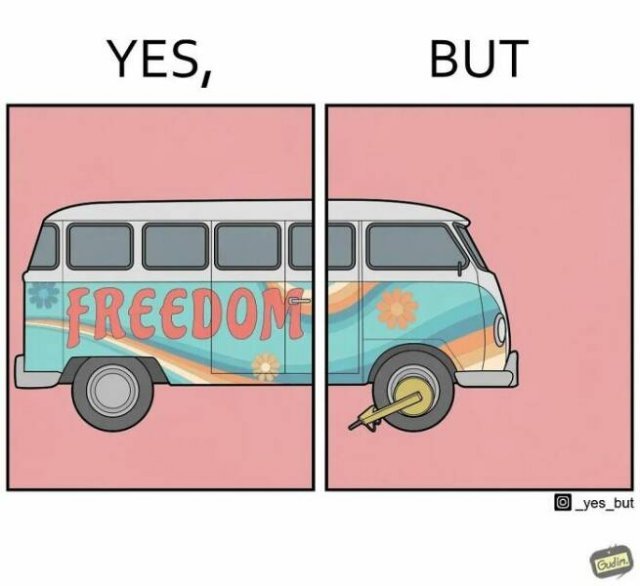
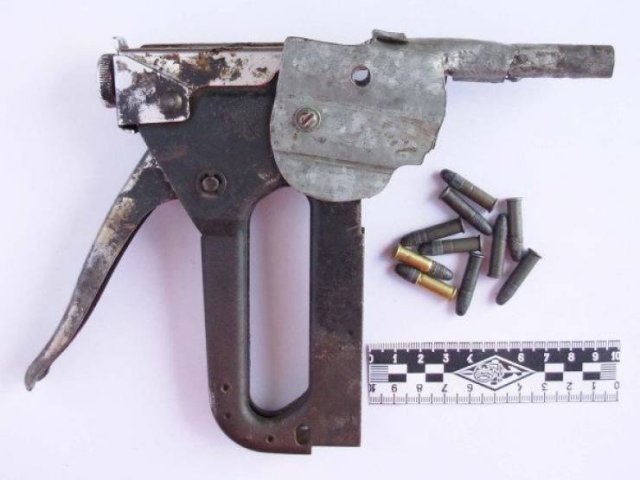

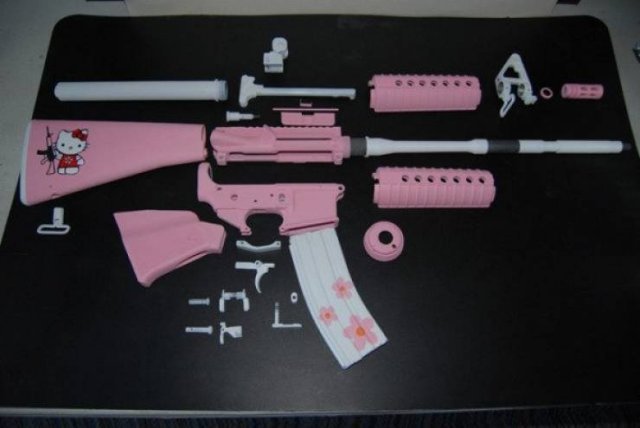
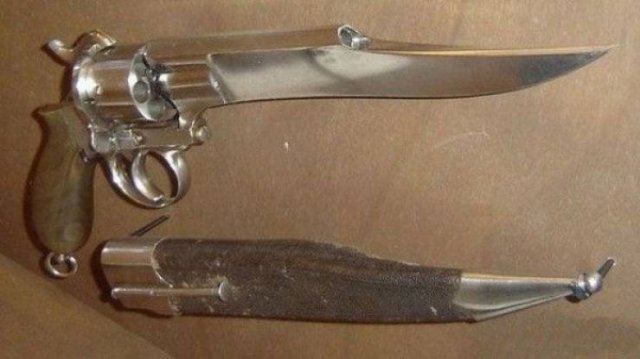
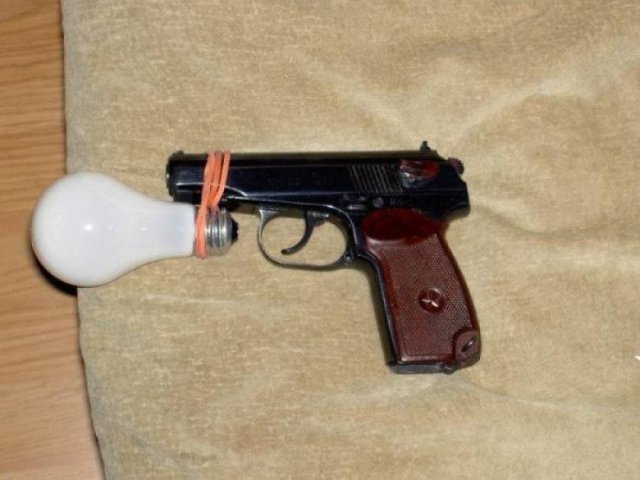
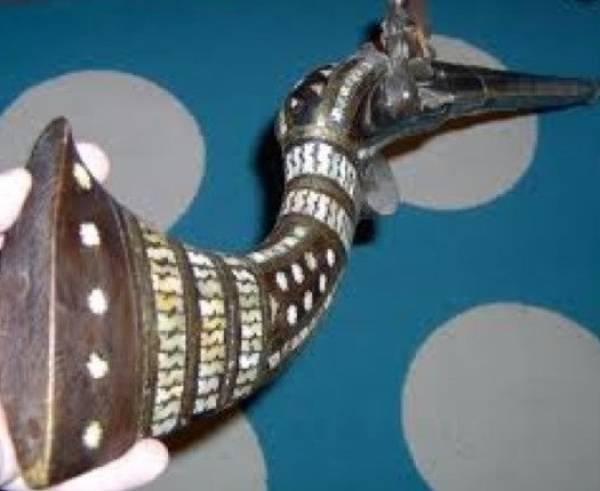
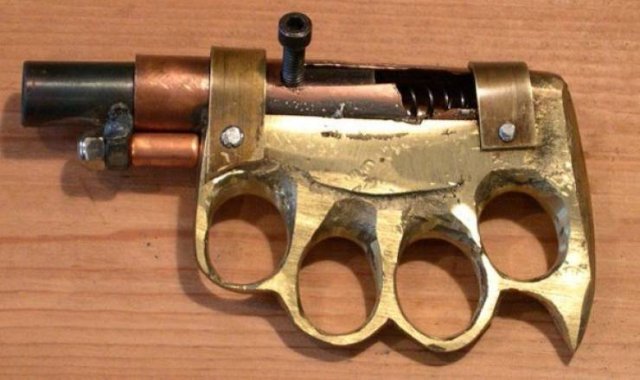
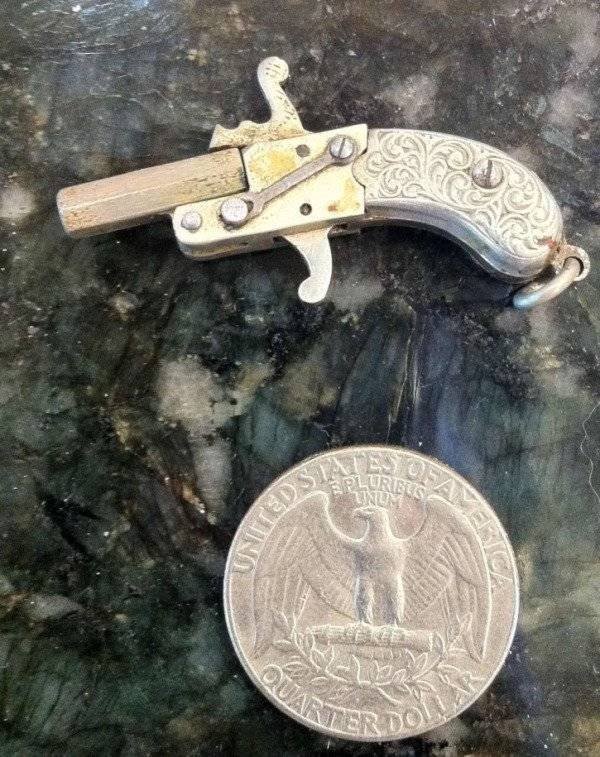
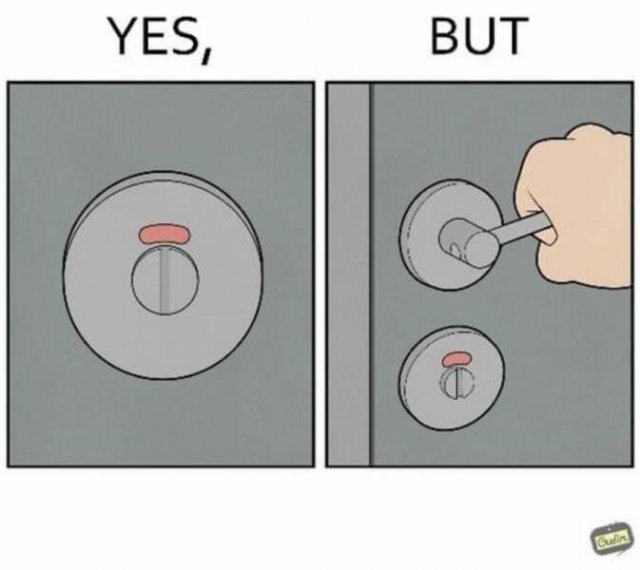

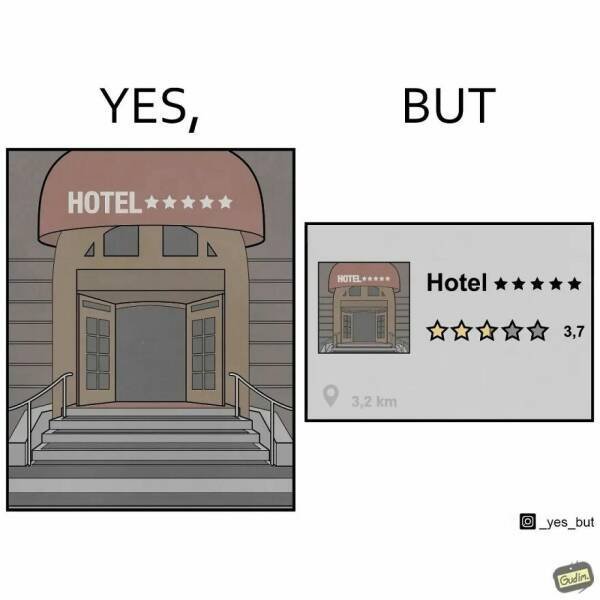

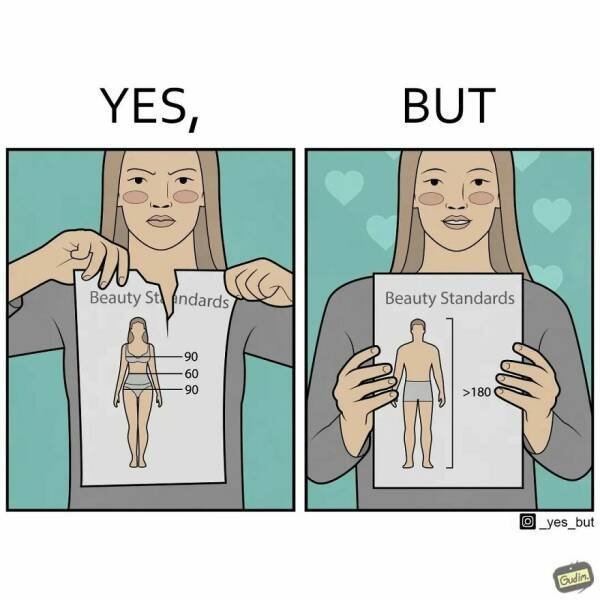
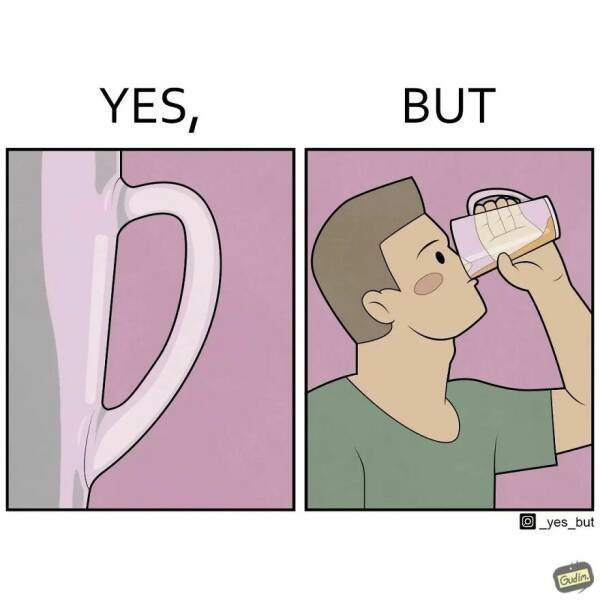

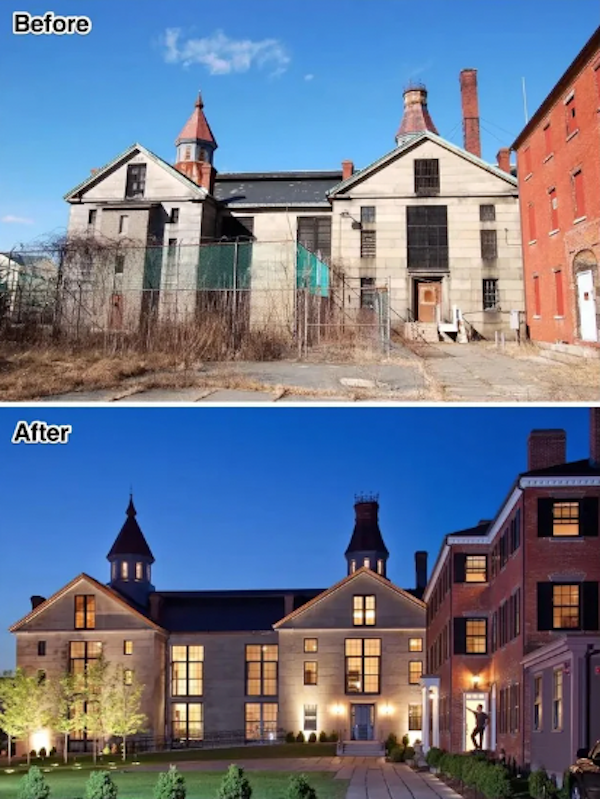
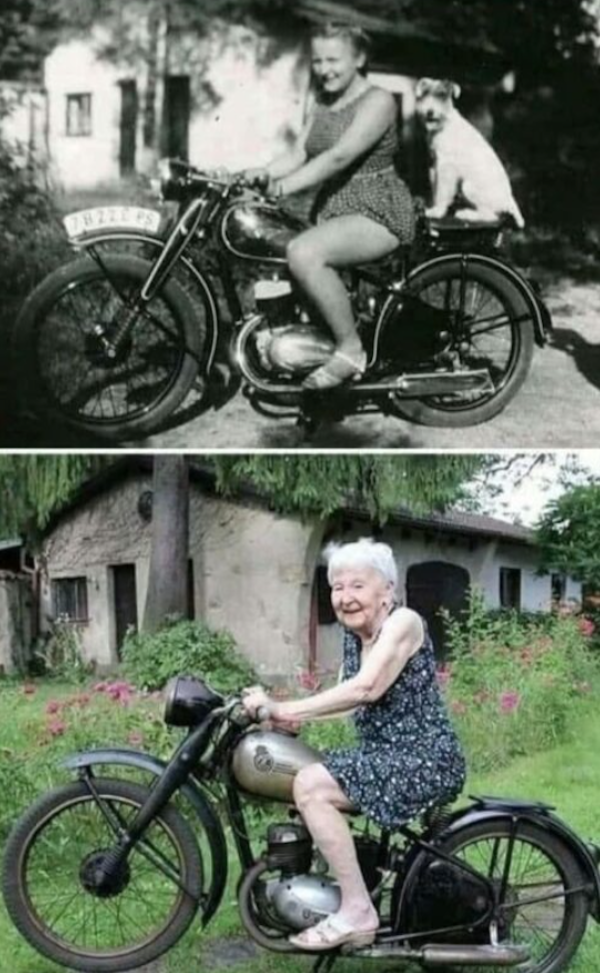
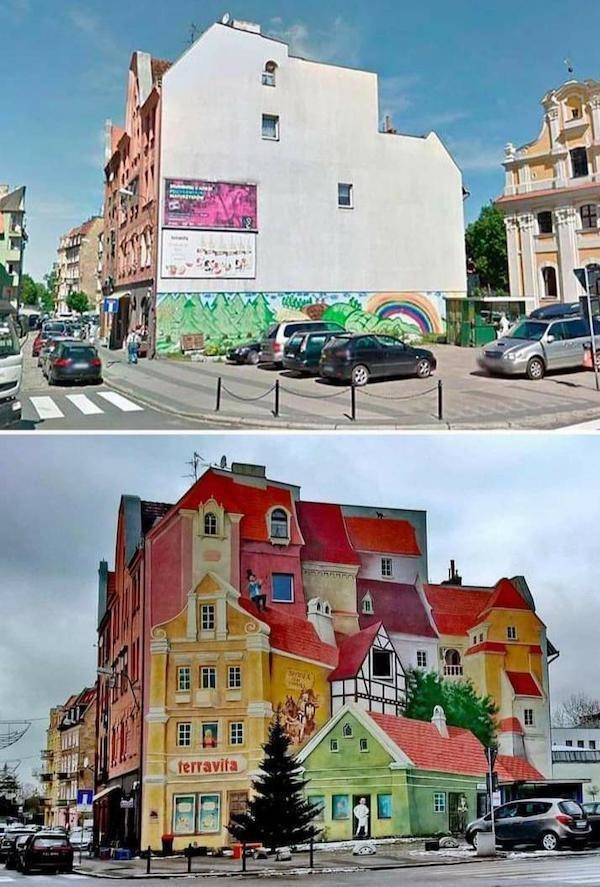
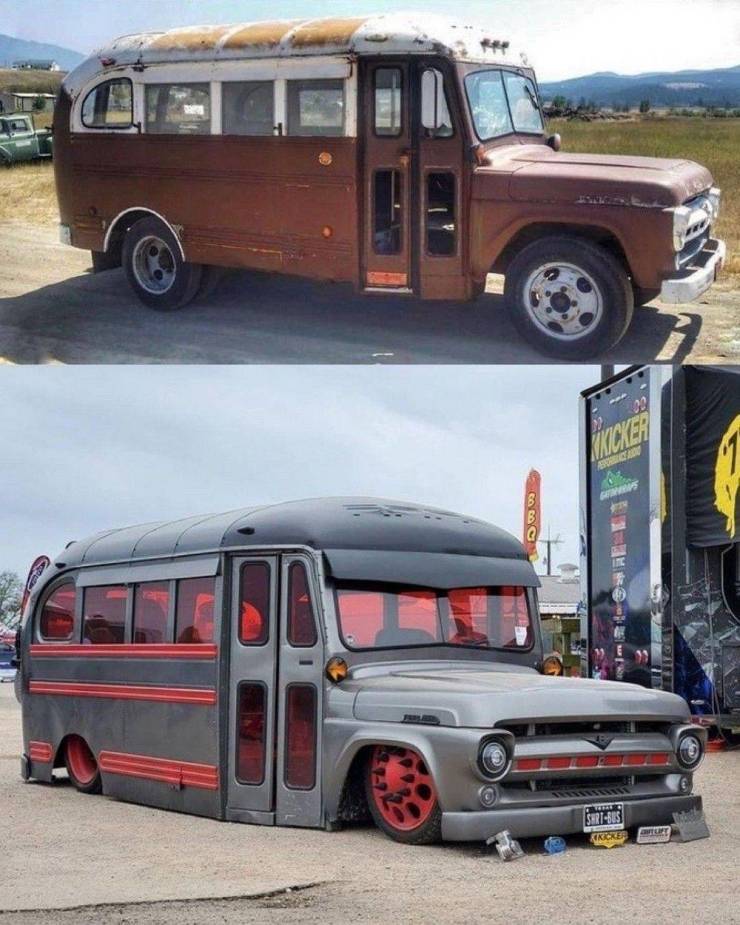


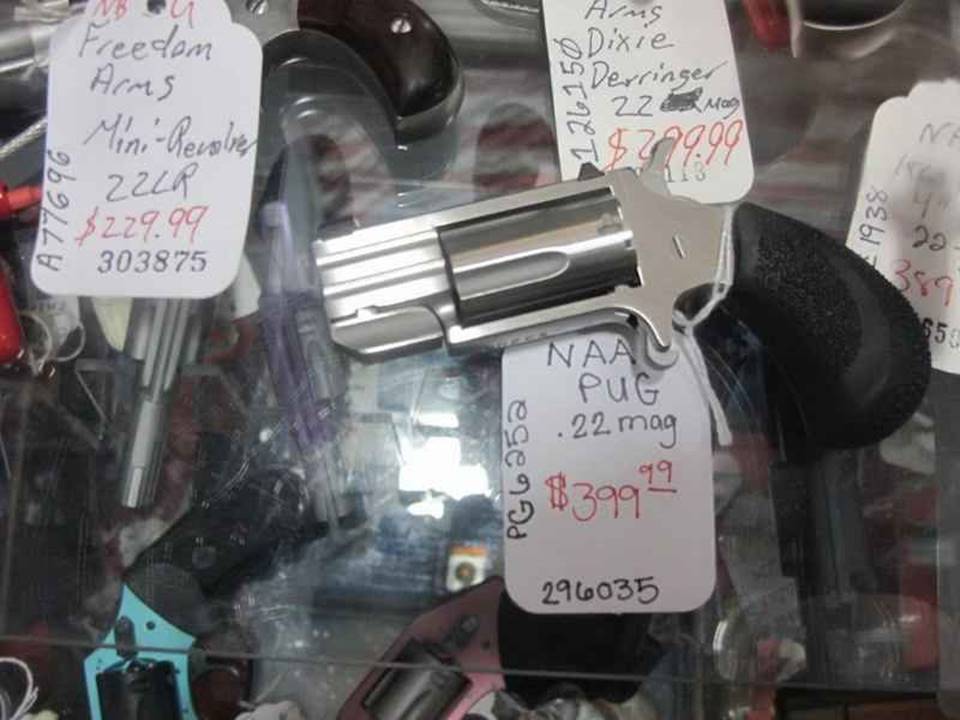








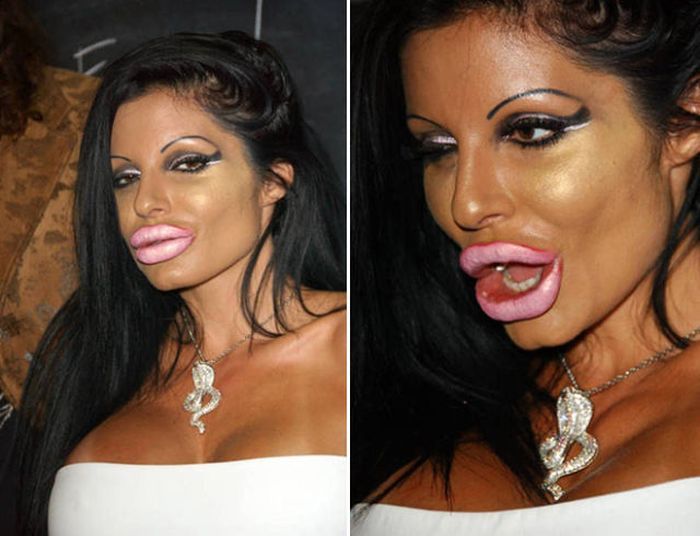
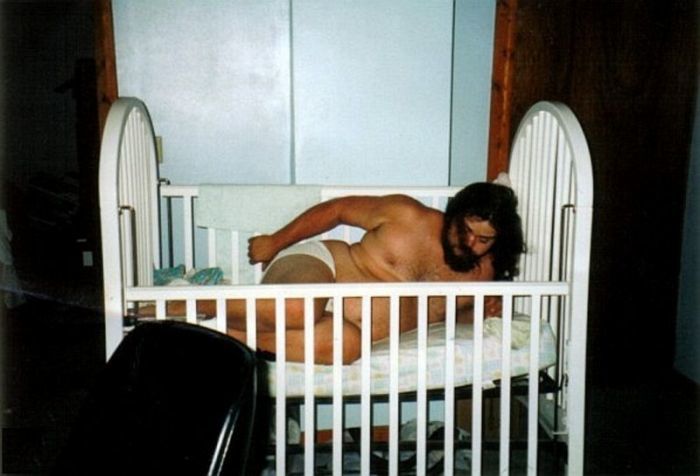
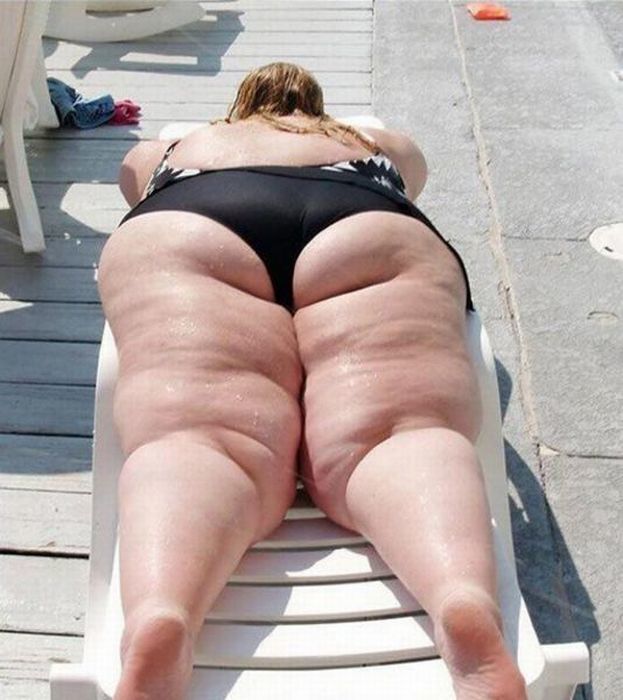
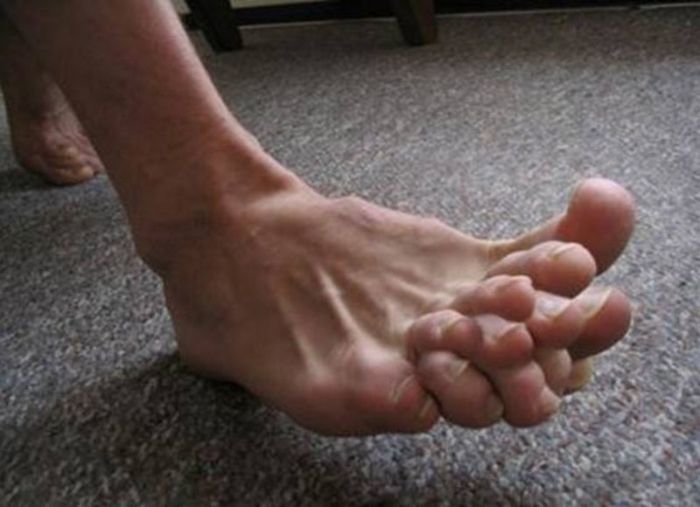
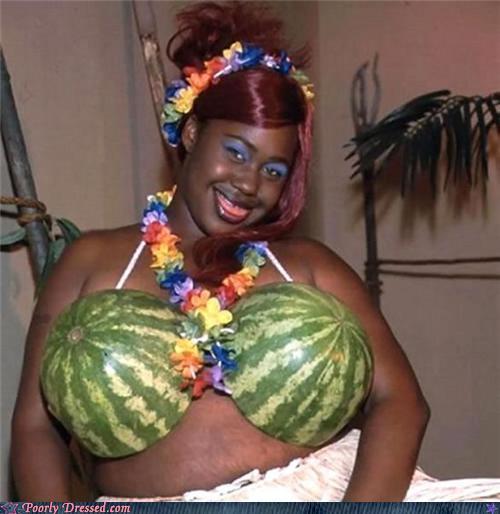
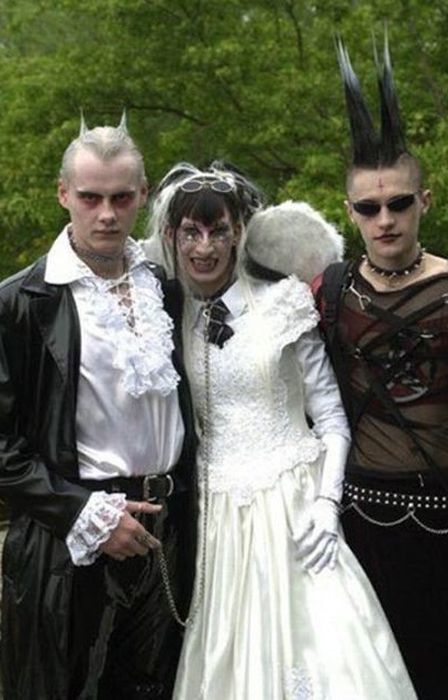

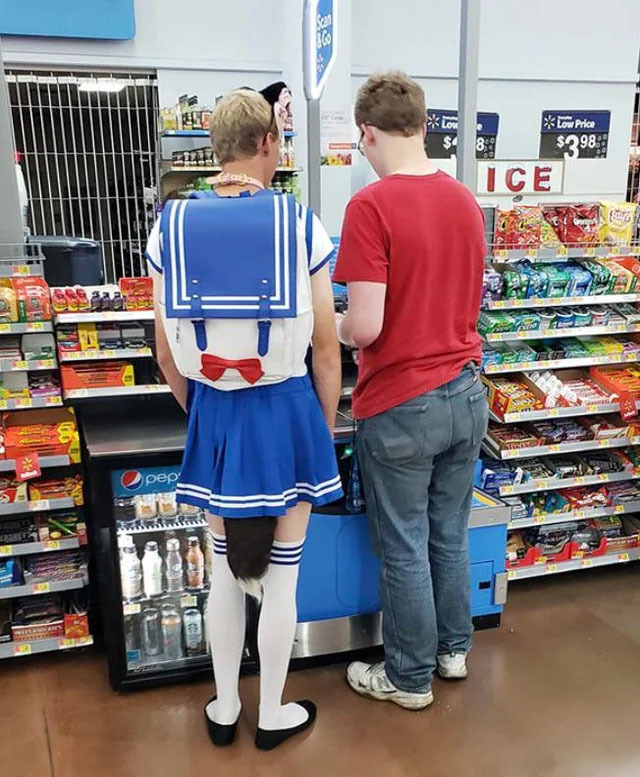

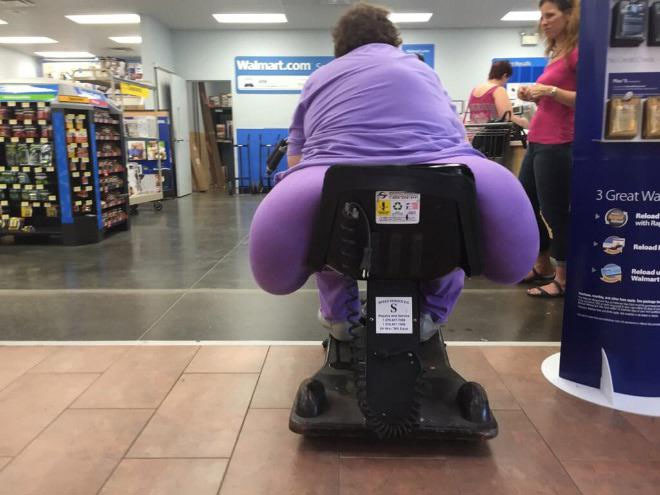


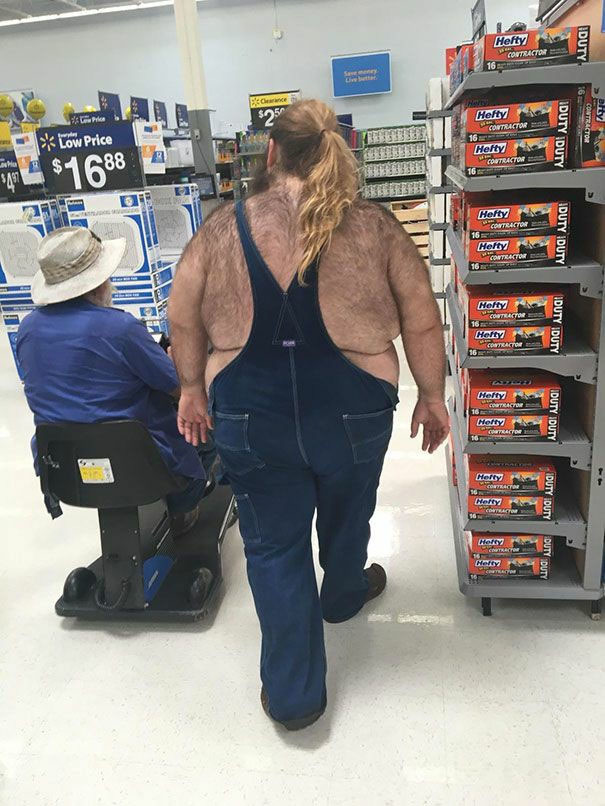

» INTRO TO WORD SMARTS
» PINTEREST ICONIC COMIX
» HISTORY FACTS * Gold wasn't always the top Olympic medal *
» Word Genius Word of the day * occlude *
» JULY NATIONAL CELEBRATION DAYS JULY 26 2024
» QUIZ TREAT QUIZ *Which mammal has the most powerful bite? *
» QUIZ TREAT ANSWER PAGE
» NAT GEO * The 2024 Olympics will likely be the hottest ever *
» NAT GEO * Sharks found with cocaine in their systems *
» WISE TRIVIA QUIZ *What was the first song ever played on the radio? *
» WISE TRIVIA ANSWER PAGE
» E.S.Etaski * Sister Seekers Book 10 now available everywhere! *
» WORD DAILY Word of the Day: * literatim *
» JULY NATIONAL CELEBRATION DAYS JULY 25 2024